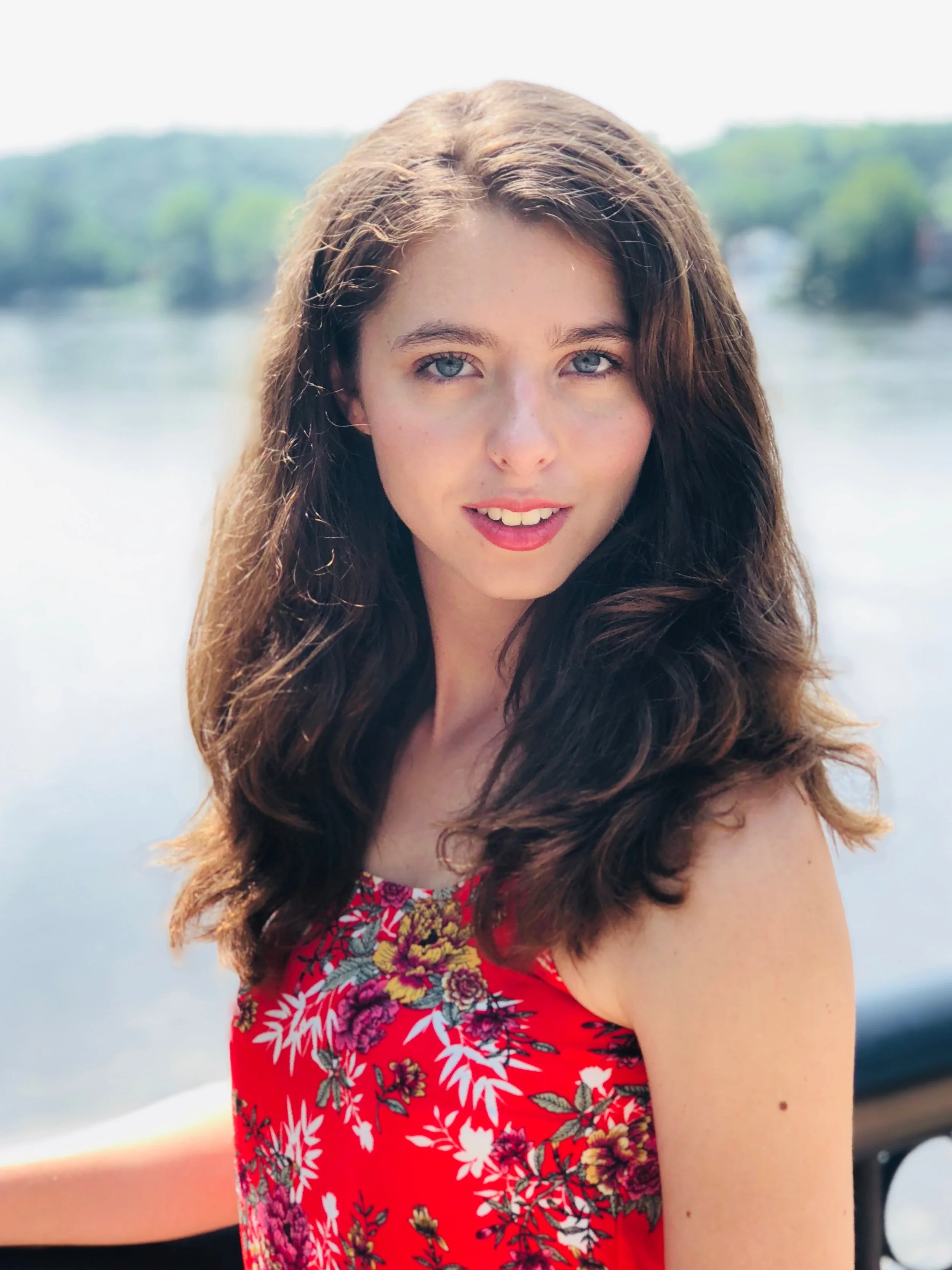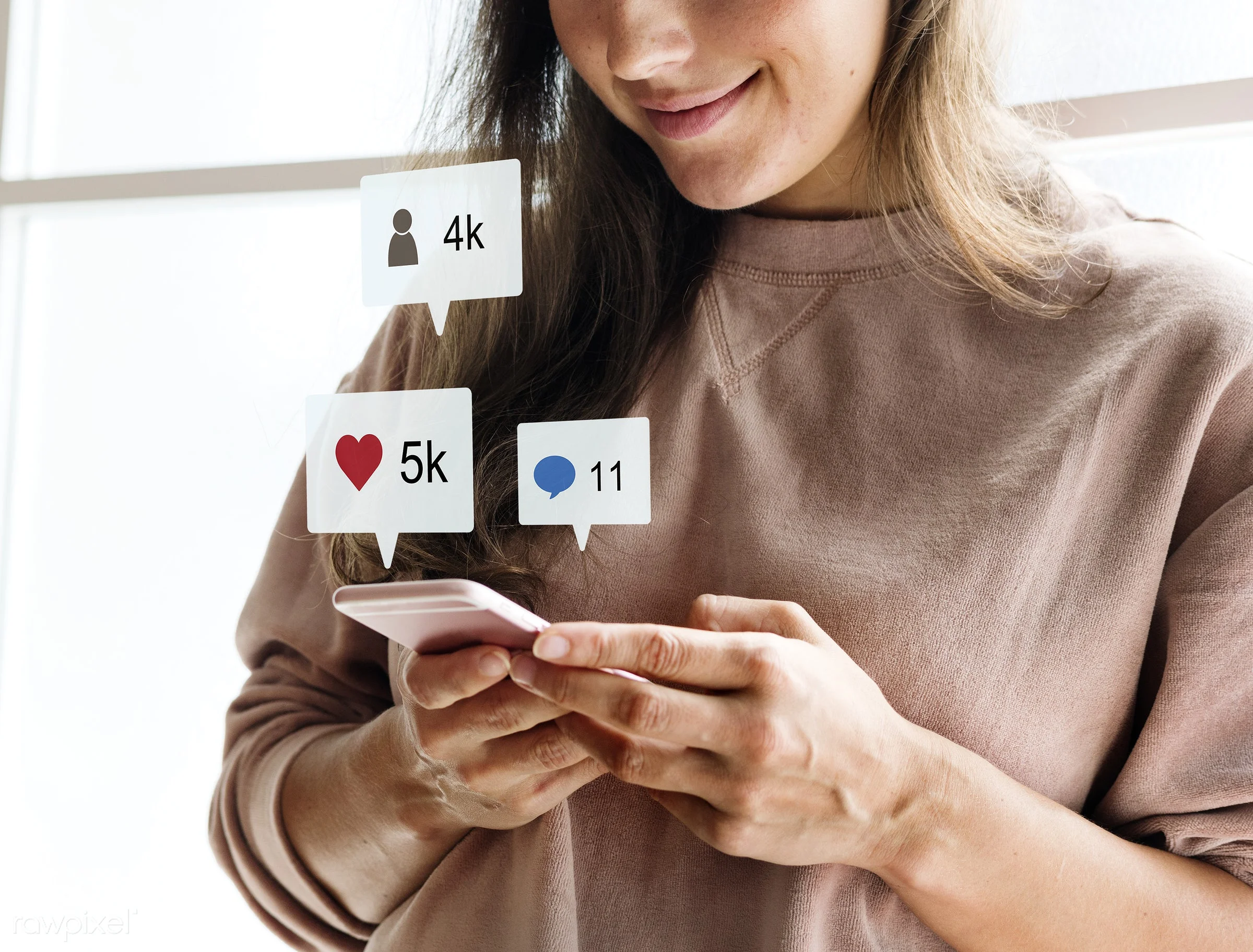It's really easy to compare numbers (number of likes, comments and reviews) and equate that to how good you are as a writer. But the fact is that everyone is at their own point in their writing journey and it takes time to become successful.
Thriller author J. L. Willow on how she avoids comparison syndrome, music as the backbone of a productive writing routine and forming genuine connections with the writing community.
Please give us a brief overview of yourself and your work.
Hello! My name is Julia. I’m a senior in high school and I write under the pen name J. L. Willow. My debut novel, The Scavenger, was published in November of 2017 and my newest novel, a paranormal thriller titled Missing Her, will be hitting shelves this May.
What made you want to be a writer?
I started writing when I was in first grade. I really started because I loved the way that reading made me feel and how I could be transported to a completely different world without leaving my home. A lot of my first work was reflective of what I was reading at the time (Harry Potter, Percy Jackson, etc.) It wasn’t until I was older that I started to create unique work of my own, and it wasn’t until my sophomore year of high school that I started writing seriously.
Do you have a writing routine?
My writing routine and motivation have always been dependent on the music I listen to. I have a ritual that really helps me get into the rhythm. While my laptop is booting up, I put on a motivational song, something pop or alternative rock. That way, while I’m getting ready, I’m not scrolling on my phone or doing something that could distract me. I also make sure to use the same song for every project, so I train my brain to hear the song and know it’s time to work. Then, once everything is set up, I switch to soundtracks in the same genre as the book I’m working on. Those undertones seep into my work and help maintain a steady vibe and voice.
How do you outline your work and begin writing?
I’m definitely a plotter. I always map out my work before I start. I usually start with what I call a “blue-sky session,” where I sit down and write down every idea I get. The reason it’s called “blue-sky” is because of the phrase, “the sky’s the limit.” I make sure not to shut down any ideas and give them all a fair shot. Then, I look over what I have and start mapping out a more solid plot. For me, plotting is really necessary so I can solidify any foreshadowing or character arcs I want to include. I found that those aspects that branch over the entirety of a story are much more difficult to add in later than if I plan them from the start.
Is there any particular incident that has happened along your writing journey that you’d like to share?
Something that might surprise many people is the fact that I’m planning on studying mechanical engineering. For many people, they view engineering and writing as two completely different entities. But for me, I use the art to balance my otherwise math and equation filled life. I didn’t truly realize how deeply cut the idea of left versus right brain was into our society until I was at a book signing at the beginning of 2018. A woman was talking to me about my work, and she asked what I was planning on studying in college. Before I could reply, she added, jokingly, “Watch, you’re gonna say you want to study mechanical engineering or something.” I remember blushing very deeply and stammering out the reply that, yes, I was actually studying engineering. The woman wasn’t trying to be insulting or mean, our society just isn’t used to seeing two completely different subjects come together.
Do you have any advice for aspiring authors?
Finish the first draft. There are so many aspiring authors that have dozens of book ideas in their heads, but only get a few pages down at a time. Once you get that first draft down, you distinguish yourself for so many other writers and it becomes a lot more likely that you’ll move on in the writing and publishing process.
What do you think is the biggest challenge for new authors?
The biggest challenge for new authors is making yourself heard in the writing community. There are thousands of people on every platform imaginable, whether it be YouTube, Instagram or Twitter. Building your own following that truly cares about you and your work is very difficult, but once you do, it’s invaluable. Those people will always be there to support you and appreciate your work.
What methods of book marketing do you find the most effective?
I find that interacting on other people’s platforms is the best way to make connections. It’s one thing if you’re constantly posting on your own account, but you really need to reach out to others; like, leave comments, and share their work. I’ve had many people reach out to me just because they saw a comment I left on their video or post. Real, authentic connections have begun from those simple interactions that would’ve never happened otherwise.
What struggles did you face in the writing/ publishing process?
In the age of social media, comparison is the biggest hindrance when it comes to writing. There’s always that voice in the back of my head, wondering if what I’m doing is good enough, or if someone has already written a book similar to my own. It's really easy to compare numbers (the number of likes, comments and reviews) and equate that to how good you are as a writer. But the fact of the matter is that everyone is at their own point in their writing journey and it takes time to become successful. The most important thing to do is to continue to push yourself and improve your writing and style.
How do you handle rejection as a writer?
Anyone who’s putting out art, whether that be writing or otherwise, is going to get their own share of criticism. I know a lot of people who ignore their negative comments or reviews, but I’m not sure that’s the best approach. Yes, if someone is giving your book a bad review and hasn’t read it all or are just being plain mean, then you shouldn’t take it to heart. But if someone is leaving constructive criticism on your work, giving you tips on how to improve, then I believe it’s important to at least ask yourself if that aspect could be improved upon. Rarely does a reader hate everything about a book, and I’ve had reviewers point out ways to improve my writing that I might not have thought of otherwise. It’s important to listen to your audience to hear all feedback, good and bad. My recommendation is to read your negative reviews with an open mind and a grain of salt.
What is the best writing advice you have received?
The best advice I’ve received is to write what you want to read. This has helped me in multiple ways. Firstly, because you’re going to be reading your work dozens of times, it should be something that you’re interested in and want to read. And secondly, because if you want to read something, then that usually means that there’s a space in the market where that type of story isn’t found regularly or at all. By creating something you can’t find in the market as of now, it ensures that your work is original and new.
You can find out more about Julia and her work via her website and social media profiles Instagram, Twitter, GoodReads and YouTube.















